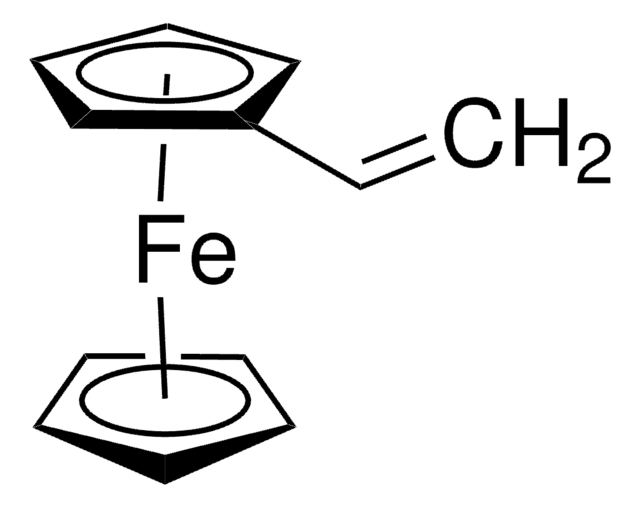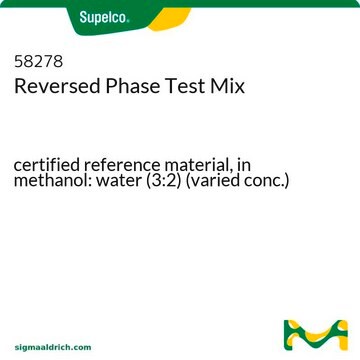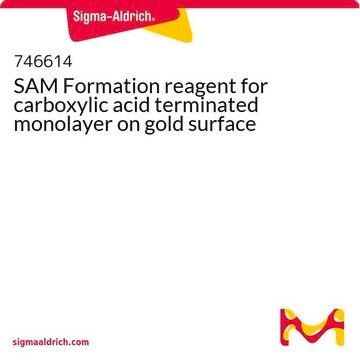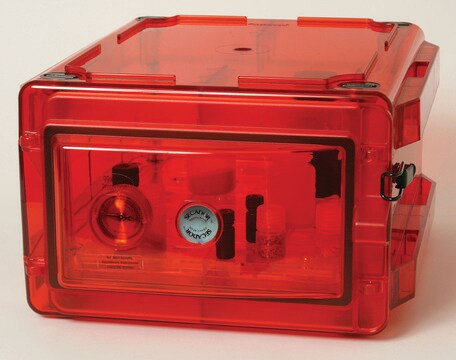51797
Atto MB2 maleimide
Methylene Blue derivative, ≥90% (HPLC)
About This Item
Recommended Products
assay
≥90% (HPLC)
≥90% (degree of coupling)
form
solid
manufacturer/tradename
ATTO-TEC GmbH
λ
in ethanol (with 0.1% trifluoroacetic acid)
UV absorption
λ: 655-661 nm Amax
storage temp.
−20°C
Application
Legal Information
Storage Class
11 - Combustible Solids
flash_point_f
Not applicable
flash_point_c
Not applicable
Choose from one of the most recent versions:
Already Own This Product?
Find documentation for the products that you have recently purchased in the Document Library.
Our team of scientists has experience in all areas of research including Life Science, Material Science, Chemical Synthesis, Chromatography, Analytical and many others.
Contact Technical Service







